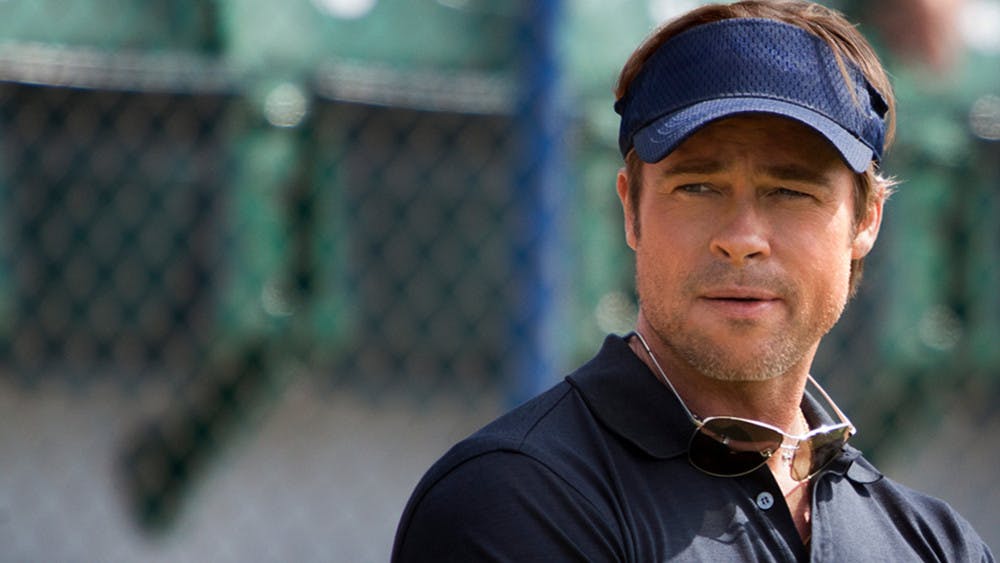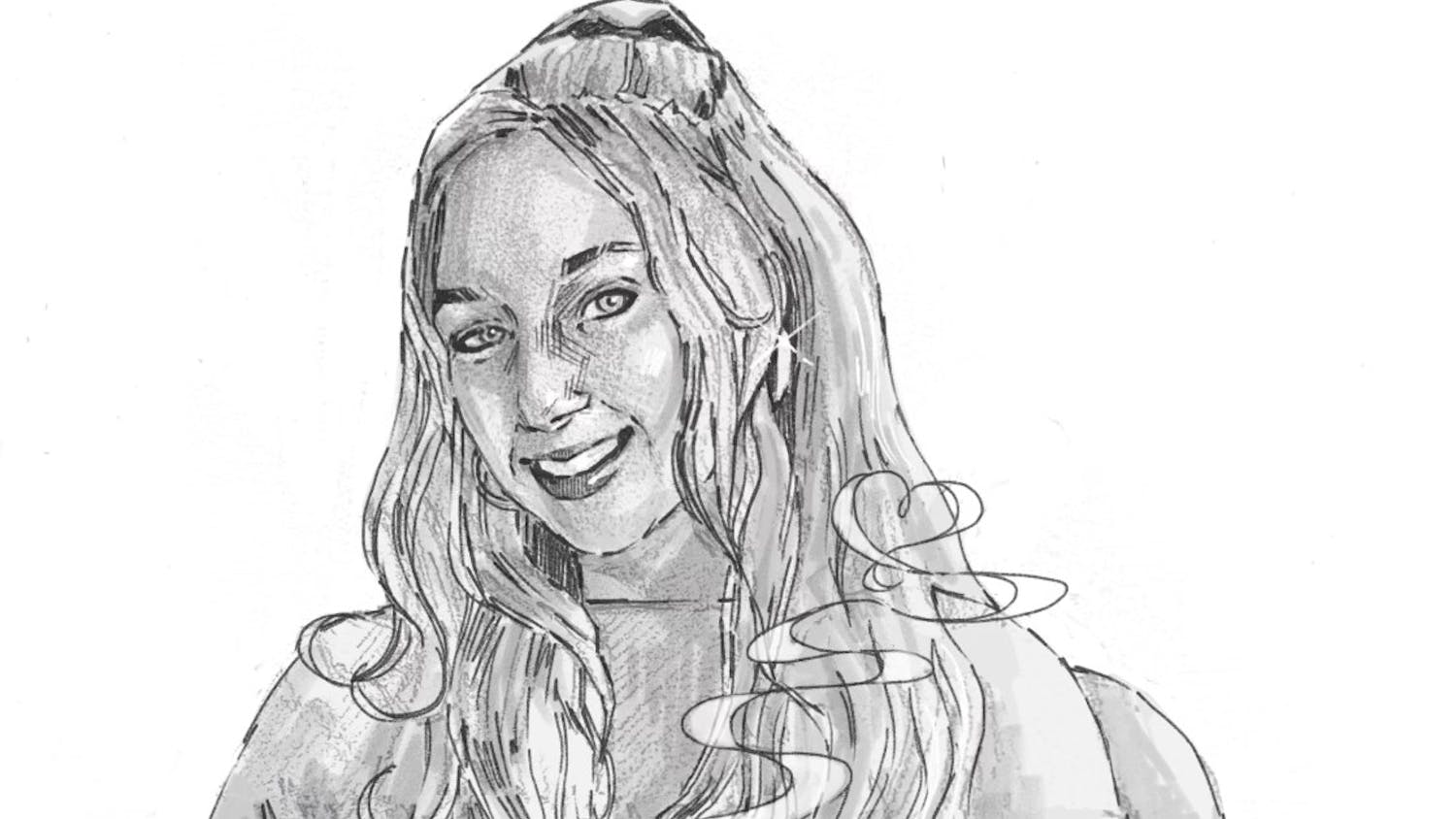By Garrett Cecere
Editor-in-Chief
For most of my life, I’ve had a habit of second-guessing myself, taking forever to weigh my options and questioning many choices, all of which were apparent to me during my time as editor-in-chief.
Journalism revolves around deadlines — you only have so long to make a decision about something before it’s time for publication. And, if you’re like me, the decisions don’t stop once the story is done.
I would often look at the stories I wrote, along with the paper after it was printed, and I would think about what I should’ve done differently, whether it was a description, structure, a quote placement, a photo or a headline. While I would notice improvement with my writing and the layout, I was never completely satisfied.
As the top editor who has the final say on the layout and the last read on an article before publication, I was also frustrated by mistakes that would make me kick myself for not seeing them on production night — from the most minute grammatical errors in the middle of a story to big blunders like printing the wrong person’s name in a caption beneath their photo … on the front page (oops) — I’ll be the first to take responsibility.
But taking responsibility doesn’t mean that your work is going to be flawless in the future. After all, even though you might excel at a certain job or career, that doesn’t mean you’ll stop learning.
Could I have done better with running the paper? Of course. Am I proud of the stories I’ve written? Absolutely. Is my work ever going to be perfect? Hell no.
While I believe that last part is important, people also shouldn’t get so caught up in trying to improve their work that they forget about all their accomplishments up to that point.
Near the end of one of my favorite sports dramas, “Moneyball,” general manager Billy Beane’s Oakland A’s have just defied odds to win an unprecedented 20 consecutive games. However, he seems rather indifferent, as he tells his colleague, Peter Brand, that their work will mean nothing unless the A’s go on to win the World Series (they didn’t).
Brand then shows Beane a video of an overweight player hitting a baseball during a game and attempting to do what he never does — round first base. But on his way to second, he stumbles, falls and scampers to get back to the bag, much to his humiliation.
The player then learns that he actually hit a towering home run without knowing it, which Beane realizes is a metaphor for his accomplishment.
I’m not suggesting that being the editor of a college newspaper is the same as managing a professional baseball team. What I am suggesting is that this situation is applicable to anyone trying to get better at what they do.

I’m never going to be completely satisfied with my work, but I’m not going to forget about the progress I’ve made with writing and editing, and — most importantly — I’ll never stop learning.
During my time at The Signal, I’ve had the pleasure of covering some compelling stories and meeting many fascinating people. As editor-in-chief, I oversaw an amazing staff, whom I can’t thank enough for their work, their effort and the hilarious, spontaneous moments that made our production nights more enjoyable.
Don’t stop trying to get better at whatever you do. But when you look at your work and think about how you could’ve done better, don’t let your desire for improvement overshadow your appreciation for how far you’ve come.







